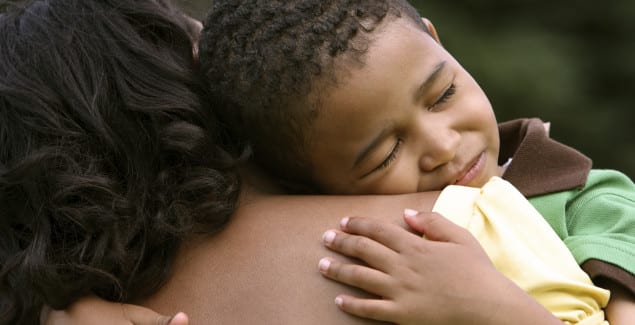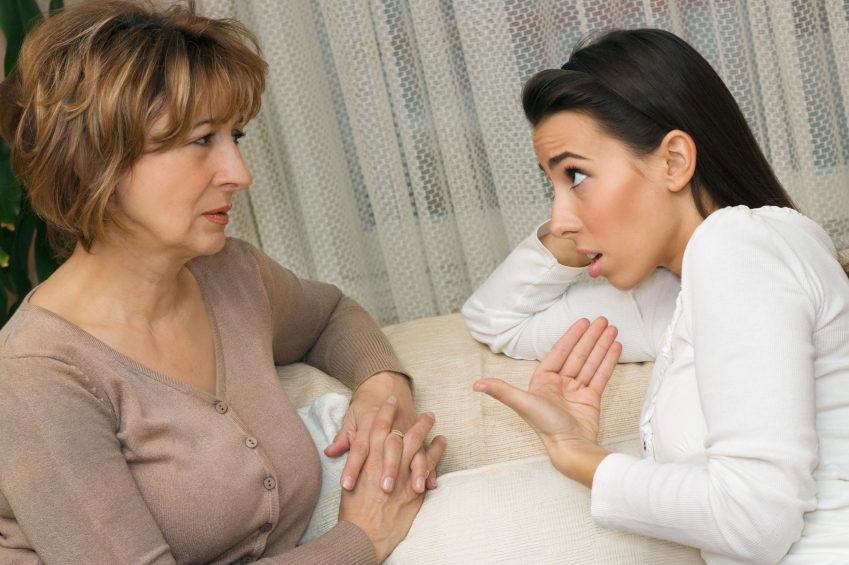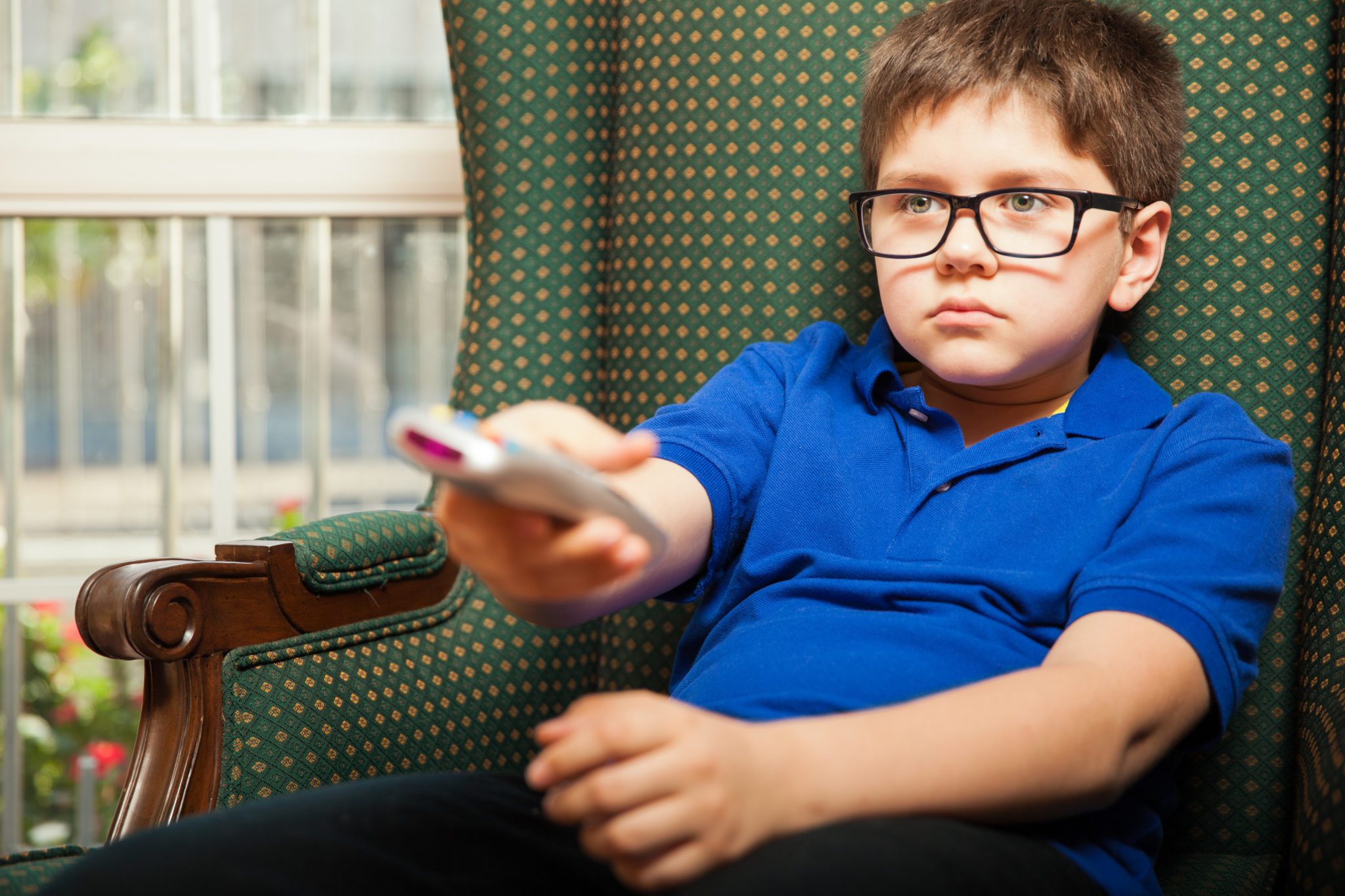Raising Moral Children: Parental Strategies That Last A Lifetime

Posted in: Multimedia, Podcast, You & Your Family
Topics: Child + Adolescent Development, Relationships
Intro music written and performed by Dr. Gene Beresin.
Outro music arranged and performed by Dr. Gene Beresin.
We want our kids to know right from wrong. We want them to care about the welfare of others. We want them to be kind, empathetic, and responsible. We want them to own their actions.
In other words, we are best served, all of us, if our children possess a “strong moral fiber.”
But what a strange phrase that is!
It is as if morality itself is a kind of armor; it is the clothing of ethics that we figuratively don. If that clothing falls short—if it fails to protect against wrong choices and bad decisions—then our children are literally weakened. That’s why we use the metaphor of fiber. Morality, in effect, is the fabric of a world about which we can be proud. Without this, the world is dangerous.
How do we do this? How do we raise moral children? Let’s not kid ourselves; people disagree all the time about right and wrong. One parent’s prohibition is another parent’s leniency. We don’t have to be on the same page, but all that shifting about makes the fundamentals of moral parenting that much harder to engage.
Let’s look at a couple of examples.
Tommy, age 10, relentlessly goes after his 8-year-old sister. He teases her, at times pinches her or pulls her hair, and not infrequently outright tackles her. While he could certainly do all of this when his parents don’t see him (thereby maintaining plausible deniability), he attacks most often right in front of them. His sister is subject to his bullying at the dinner table, at bedtime, and, most horrifying to them, in public venues where others can witness his transgressions. But he’s no demon; at other times, he is a fantastic big brother. He is affectionate, loving, and kind.
Or take Karen. She’s a junior in high school, and largely seen as “a good kid.” She’s a star athlete and a solid student. Her parents go away for the weekend, and leave her home to care for the house and pets. (Haven’t they seen all those movies!?) They trust that she knows the rules: no parties without a parent present. Pretty straightforward.
When her parents return Sunday afternoon, Karen is asleep on the couch, and the living room is a junkyard of littered beer cans and trash. The front window is smashed. Karen is badly hungover.
So, what are Tommy’s parents to do? How should Karen’s parents proceed?
As clinicians, we typically hear from parents that their child needs to be punished. Parents want to ensure that there are consequences for bad behavior, and they want these consequences to prevent future transgressions. So, along comes the litany of punishments—there are spankings, and groundings, and prized possessions taken away. Even the cell phone is confiscated. Fine. When a child has done something wrong, certain punishments are often in order. But, how do we match the consequence to the “crime?” How do we know that it will deter bad behavior in the future? Most importantly, will punishments alone teach moral behavior?
Well, probably not—and here’s why:
All of us are prone to jump to corrective action without thinking about the meaning of the behavior. What do we actually want to teach? We want morality hardwired; does that really come from taking away a cell phone?
So, let’s take a few steps back, and consider what actually teaches moral behavior.
Here are the key components of the framework that builds morality.
First, kids typically get caught, and almost always by the people they care most about—parents or caregivers. Then they become anxious because they fear losing the love and approval of these treasured people. You might even argue that they want to get caught. This might sound “shrinky,” but remember that most kids understand that the most important demonstration of love is someone who really cares about you caring enough to say “NO!” The ones who care about you are the ones who build fences.
Remember when your 2-year-old was going to put the fork in the light socket, or pull the cat’s tail, or run into the street? It’s no surprise that one of his or her first words was likely “no.” We spend a lot of time saying it to our little ones. Kids say “no” as a kind of practice; they’re playing the role of the loving parent who is willing to set some limits.
So, what is this anxiety evoked when a kid violates the precious bond between child and parent?
We call it guilt. Guilt is that unique state of emotion that arises when there’s a clash between owning the love and approval of that special person you need, and worrying about losing that person—at least in fear or fantasy.
How do we resolve that terrible guilt that all of us have undoubtedly experienced? The key is in making reparations. When a child makes amends with a parent for something he or she has done, that child comes to understand that the parent is a present and active player in the course of events. The parent accepts the child no matter what he or she did, and helps the child to know that things can almost always be rectified. Wallowing guilt can be toxic.
In other words, the parent sets up the opportunity for the child to “pay the price” for making the wrong choice. Further, when a parent receives reparations, he or she allows the child to feel a sense of reconnection. The guilt evaporates.
In order for this process to work, it’s important that the parent be available and willing to graciously accept the reparation—not reject, abandon, or retaliate, no matter how enraged he or she may feel.
We call this “kissing and making up.” It is the essence of apology, and has tremendous power. It actually strengthens the relationship between parent and child.
Now, let’s look at Tommy and Karen. The process that follows misbehavior involves working things out with the parent, and this often requires that the child shoulder a punishment—while being given the opportunity to make things right (and thereby resolving his or her guilt). What we typically see is that, when most kids are punished, they end up becoming “the best kid in the world” in making their reparations. They may push back, but kids inherently understand the rules of the game.
It would come as no surprise if Tommy ended up offering his sister a present, watching a show with her, or sharing an app. And Karen may very well have jumped at taking out the trash, cooking a meal, or running an errand during her grounding. You get the point.
However, moral transgressions are not the sole province of our children. We, as parents, screw up too. It’s a parallel process.
Here’s an example:
I (Gene) come home from work, and immediately have my 5-year-old grabbing at my leg to play. My reflex reaction is to say sternly, “Will you just let go? Give me a break, I just got here!” Of course, she promptly bursts into tears. If I’m doing it right, I then feel an overwhelming sense of guilt, swoop her into my arms, and apologize profusely. “Look, Daddy just needs a few minutes to put things down, and then we can play.” And then I better commence playing!
When we as parents fail, we need to issue our own apologies and make up for our mistakes.
All of this is a dance between children and parents, a drama that allows us all to own our misbehavior. We take responsibility for our actions, and realize that in doing something wrong, we create an opportunity for a positive solution.
So, morality is learned through our closest relationships. It’s as simple as that. We adjust our behavior to match the developmental stage of the child, but we must also allow the child to adjust to us as well. After all, this whole morality thing is a two-way street.


 Share
Share Tweet
Tweet






